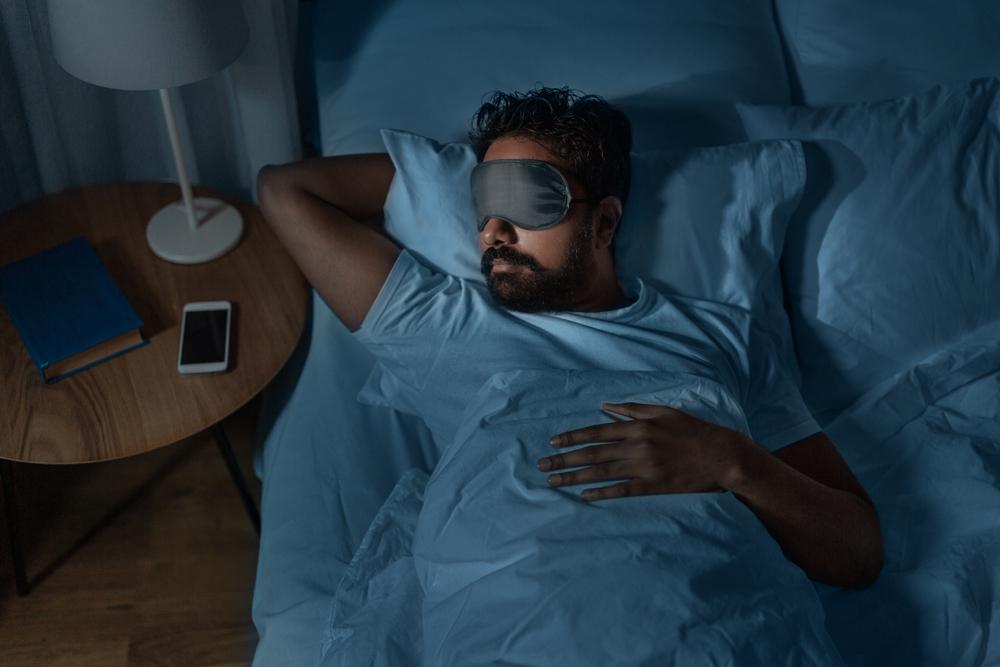Recent findings from Flinders University reveal that 31 percent of adults are not getting the recommended 7-9 hours of sleep per night, making a good night’s rest increasingly elusive.
As crucial to health as diet and exercise, sleep was the focus of a global study involving 68,000 adults worldwide.




